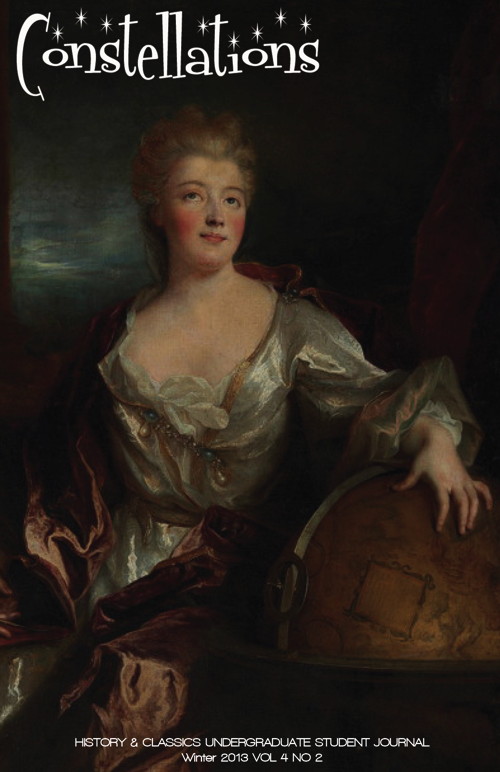“Moral Fibre: Women’s Fashion and the Free Cotton Movement, 1830-1860”
DOI:
https://doi.org/10.29173/cons19667Abstract
Women played a vital role in the American and British antislavery movements of the nineteenth century. Among other strategies, American women’s efforts included boycotting slave-produced goods and selling luxury items to raise money for the cause. Complicated by the nation’s diverse religious landscape, popular attitudes toward dress rendered some forms of consumer advocacy more effective than others. Fashionable antislavery fairs provided significant financial support for political campaigns. Meanwhile, Quaker Christians and some evangelical groups, which valued plain dress, promoted abstention from all slave- produced goods and the genesis of an alternative free-labour cotton trade. Unlike the famous British boycotts of slave- produced sugar, American textile boycotts gained little support. This paper examines how the tension between American fashion and antifashion influenced the rise and fall of the free cotton movement.Downloads
Published
2013-05-28
How to Cite
Reiniger, J. (2013). “Moral Fibre: Women’s Fashion and the Free Cotton Movement, 1830-1860”. Constellations, 4(2). https://doi.org/10.29173/cons19667
Issue
Section
Articles



